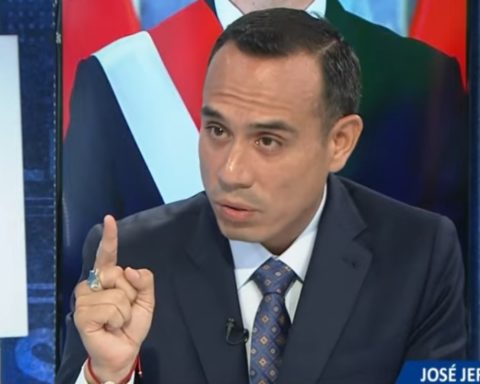The Organization for Economic Co-operation and Development (OECD) presented this Thursday the report ‘Economic Studies of the OECD: Colombia 2022’. It highlights the country’s recovery since the arrival of the pandemic and gives guidelines about the Actions What should the authorities take? monetary politics.
(See: Saving for old age, the lesson of the Álvaro Lemmon case).
Thus, in terms of macroeconomic policy, the multilateral organization recommends gradually reduce the expansionary fiscal position since this year with the aim of rebuilding the “tax buffers” Y “maintain” exceptional aid “until the labor market recovers”.
The OECD also expressed concern about the country’s low tax collection, which only reaches 20% of GDP, for which it recommended “collect more income from personal income tax by lowering the income threshold at which taxpayers start paying taxes, eliminating exemptions and reinforcing the progressiveness of tax rates”.
(See: These are the dates to declare income and pay taxes in 2022).
The Ocde recommended the reduction of the income threshold from which taxpayers begin to pay taxes.
The agency also recommends reduce tax expense on companies, while reducing tax pressure and tax distortions of entities. Furthermore, it suggests reduce the scope of tax expenditures in VAT, while compensating low-income households through social benefits.
(See: The OECD estimates that Colombia’s GDP will grow 5.5% in 2022).
It also asks to continue fighting the corruption for the lifting of a law that protects whistleblowers, as well as the gradual rise in interest rates, if required, and give a boost to the vaccination program against covid-19.
Likewise, for a more inclusive economic recovery, the OECD recommends merging the different monetary transfer mechanisms into one, as well as combining the two health systems into one, financed by general taxation resources.
(See: Fall in the country’s fiscal deficit would depend on expenses in recovery).
Also in pension matter, the OECD recommends “create a basic and universal benefit for non-contributory pensions and merge the different existing contributory pension schemes into a single mandatory contributory scheme that complements the universal basic pension”.
BRIEFCASE


















